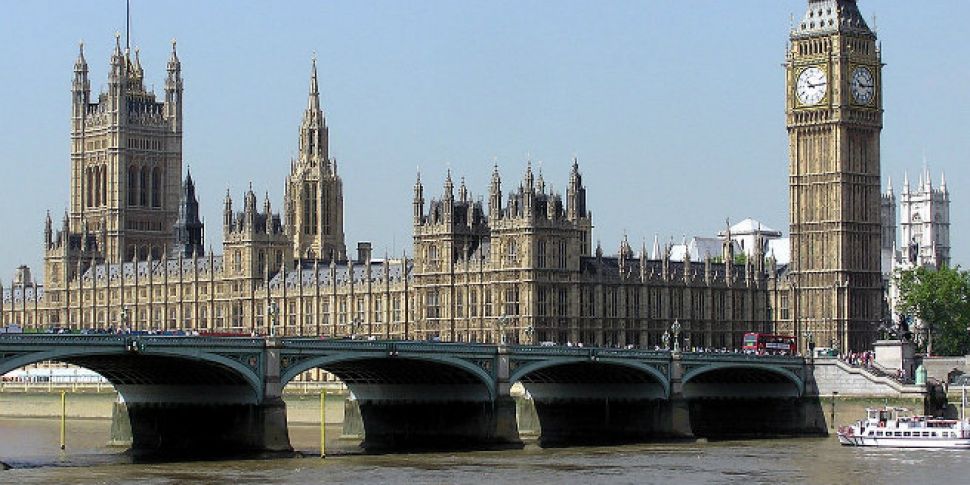Hundreds of people will inhale laughing gas outside the British parliament today to show their opposition to a proposed law on psychoactive substances.
The mass inhalation of nitrous oxide is to protest against the British government's plans to crackdown on legal highs.
Silver cannisters of the chemical are understood to have become a regular sight at some nightclubs and festivals.
Figures suggest that it is the fourth most used drug in the UK and that 400,000 used it in 2013-14.
Although conventionally used as an anaesthetic during dentistry and child birth and as an aid in the manufacture of whipped cream, the substance can be used as a mood enhancer.
The cause of death of a teenager that had been linked to laughing gas was last week deemed "inconclusive" after a post mortem.
But the UK government wants to include it in a bill that will make it illegal to sell any "psychoactive substances" other than alcohol, caffeine and nicotine.
It comes after several other deaths have been linked to so-called legal highs - drugs that produce a psychoactive response but are not currently classified under the UK's drug rating system.
While possession will remain legal so long as there is no intent to supply, the bill could mean up to seven years in prison for people who provide drugs to others.
The director of the Psychedelic Society, which is organising the laughing gas protest, says it is not the job of the government to tell people what they can and cannot use.
Professor David Nutt, former drugs tsar and professor of neuropsychopharmacology, said: "It's probably one of the safest recreational substances there has ever been.
"It's been used for over 200 years, largely as an analgesic, a pain killer. It's been used by writers like Coleridge and philosophers like James to get insights into the brain and now it's being used by young people as an alternative to alcohol on the grounds that it's a lot safer than alcohol and a lot shorter acting.
"So this desire to ban it is rather bizarre really."









